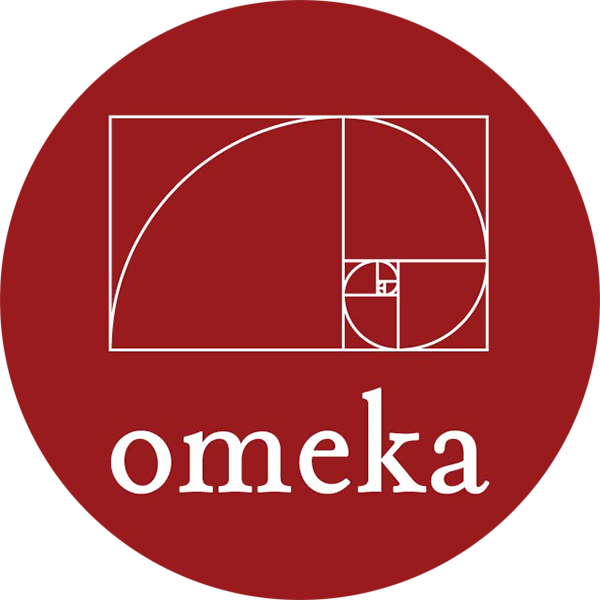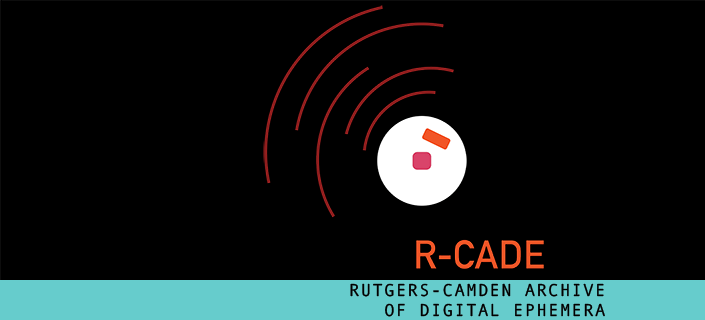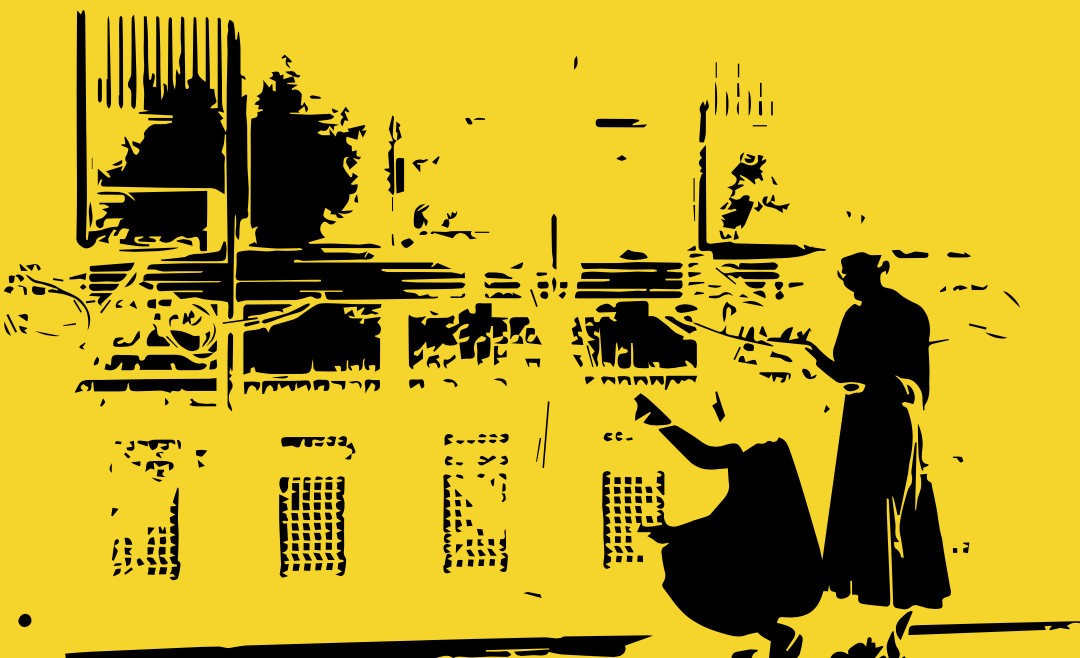To kick off Victoria Szabo’s visit, we actually left the Humanities side of campus and made our way to Carlson Library and its high-tech Vista Collaboratory, a visualization lab with a interactive, 24-screen tiled-display wall. With the help of support staff Jonathan Carroll-Nellenback and Carl Schmidtmann, Victoria had arranged a detailed, visually exciting guide through the basic structure, and some of the more obscure and difficult features, of the online archive platform Omeka.
 Having pre-arranged specific Omeka accounts of for each of the 31 participants at the workshop, Victoria launched into the goal for today: to create an interactive display of notable graves in the nearby Mt Hope cemetery. We all signed up for a particular grave on a shared googlesheet, and got to work adding images as items and writing up funny (or not) captions and accompanying text. The first hour of the workshop was consumed with the business of creating these and adding tags, collecting them within new exhibits, producing relevant (or not) metadata, and otherwise exploring the basic functionality of the site. Meanwhile Victoria was everywhere around the room, helping those who were stuck, suggesting new or better choices, and prepping for the next stage.
Having pre-arranged specific Omeka accounts of for each of the 31 participants at the workshop, Victoria launched into the goal for today: to create an interactive display of notable graves in the nearby Mt Hope cemetery. We all signed up for a particular grave on a shared googlesheet, and got to work adding images as items and writing up funny (or not) captions and accompanying text. The first hour of the workshop was consumed with the business of creating these and adding tags, collecting them within new exhibits, producing relevant (or not) metadata, and otherwise exploring the basic functionality of the site. Meanwhile Victoria was everywhere around the room, helping those who were stuck, suggesting new or better choices, and prepping for the next stage.
Neatline is a plugin for Omeka which allows the user to represent geospatial information — and as we were working on the Mt Hope Cemetery, an apt choice for a display tool. Giving us a map of the cemetery, Victoria then guided us through the possibilities for collectively shaping the map with our newly-collected, newly-made material. There were far more features than we were capable of working with in the limited time for the workshop, but even just playing around with the colour and style of our additions let us feel like we were making substantial contributions to a group project. As Victoria presented it, Neatline was a great tool for adapting textual information to be accessibly viewed within a spatial environment, and as a medium which invariably complicated and challenged the simpler items we had originally made.
Over too soon, the workshop was definitely an enlivening way to start off Professor Szabo’s visit to Rochester.
Alison Harper is a PhD student in English at the University of Rochester. She is a 2015-2017 Andrew W. Mellon Fellow in the Digital Humanities.







